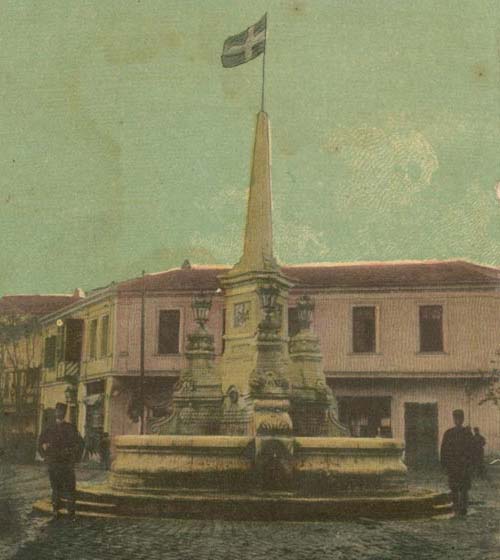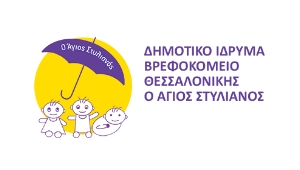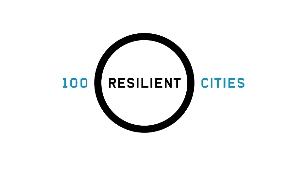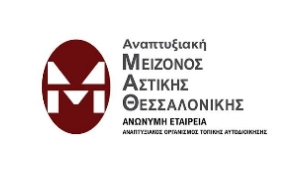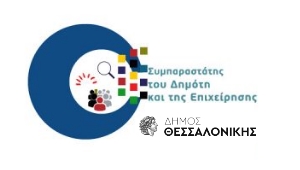20th & 21st Century
The 20th century held a number of changes for Thessaloniki.
In 1912, Thessaloniki was liberated from the Ottoman Empire and annexed to the Greek state.
Within a few decades, major historical events took place in the city.
By the mid-20th century, the city had changed radically in image, size and population. In 1917, a devastating fire reduced the entire centre of the city to ashes.
Thessaloniki was never the same: 73,000 people were left homeless, entire fortunes, homes and stores were destroyed and the priceless heritage of the 19th century vanished.
The political situation in the Balkans remained as volatile as ever, leading refugees from the surrounding regions and Greeks from the Orient to Thessaloniki. This migration reached its culmination in 1922, with the Treaty of Lausanne and the decision for an exchange of populations between Greece and the Ottoman Empire. This led to an influx of thousands of refugees from Asia Minor and, at the same time, the city lost its Muslim population.
The city had not yet rebuilt after the fire, so refugees had to settle in churches, in fire-gutted buildings, at unused corners of the city walls, and at military camps abandoned by the Allies.
However, new settlements, new neighbourhoods and new suburbs grew.
Thessaloniki once consisted of 26 ancient towns; the new Thessaloniki now extended across the centuries and throughout new settlements. The former Co-Capital City became the Refugee Capital.
The Second World War added dark pages to the local history.
In 1943, thousands of Thessaloniki Jews were gathered and sent to Nazi concentration camps in Germany. The city’s Jewish community was all but annihilated.
The subsequent Civil War that occurred in Greece after WWII also had an impact on the city.
In 1978, the city suffered a powerful earthquake, leaving in its wake ruins and casualties.
During the 1990s, with the dissolution of the Eastern Bloc of the Soviet Union, numerous economic immigrants arrived in the city.
In 1997, Thessaloniki was the European Capital of Culture.
In 2012, the city celebrated the 100-year anniversary of its liberation and won the title of European Youth Capital for 2014.
